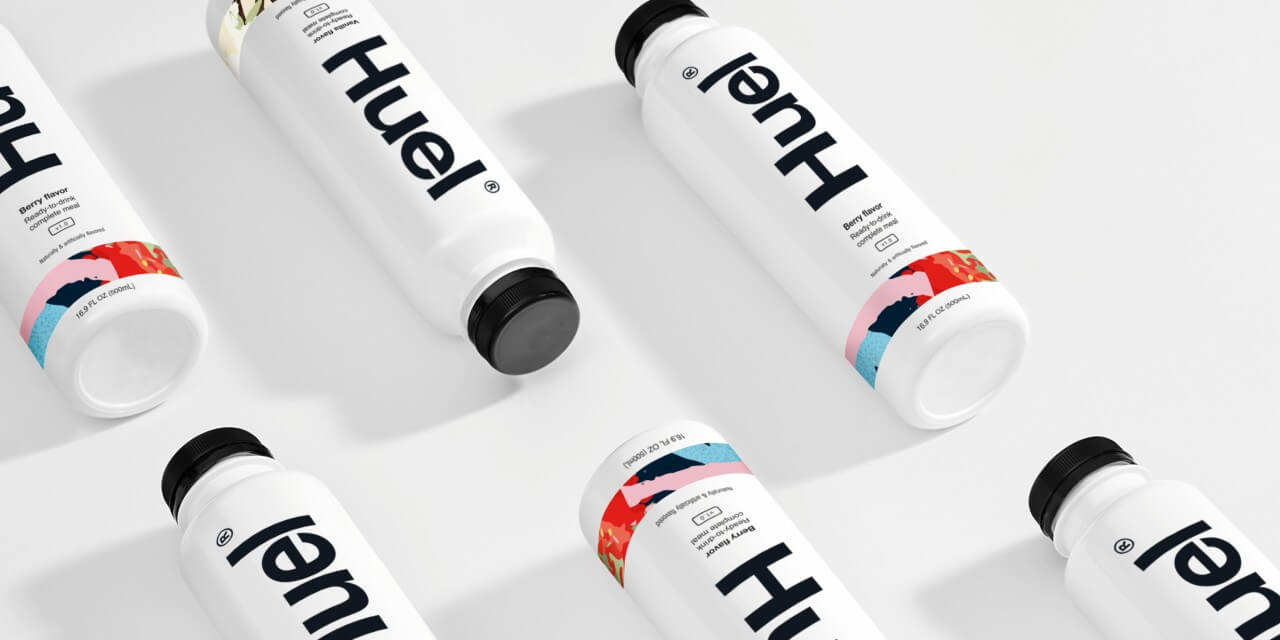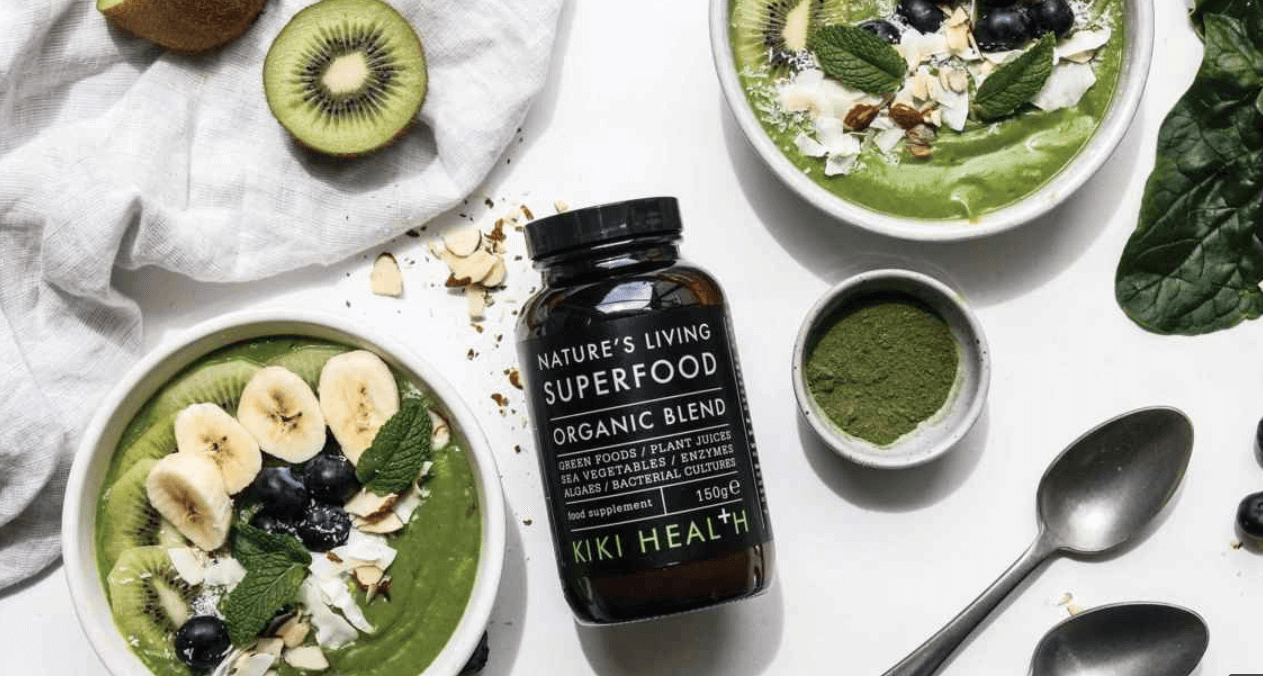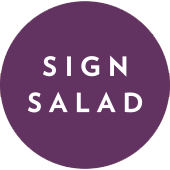Our Thoughts
On the Cultural Strength of Supplements What's driving the rise of health supplements & vitamins?
This summer, Holland & Barrett saw online demand surge – and the retailer has now partnered with Deliveroo, to meet the need for protein powders, hummus chips and supplements at home. It’s a stark turnaround from the start of lockdown, during which there was controversy over whether or not Holland & Barrett stores should remain open. The debate over whether or not the chain of stores was ‘essential’ tapped into broader questions about health supplements, and how we understand their (often tricky to measure) efficacy. Where is the line drawn between ‘essential to health’ and ‘nice to have’?
Linguistically, the answer’s in the name. Supplements aren’t essential, they’re a “supplementary” top-up. As a top-up – by extension implying the creation of something ‘whole’, full and complete – supplements are crucially connected to the cultural shift/drift towards self-optimisation. This has been a long-forming shift, and one that precedes coronavirus.
Efficiency culture
Before Covid-19, efficiency and self-optimisation were on the rise, in large part beginning with digital disruptors. Much of the 2010s have been characterised by seeking out systems that can manage our time and tasks more efficiently – from Deliveroo, to dating apps and doctor’s appointments, digital platforms have made all areas of daily time management more disciplined and streamlined.
This wider culture of #gettingthingsdone is inseparable from health, wellbeing, and eating habits. Huel and Soylent brought powdered meals into the mainstream. Huel, playing on ‘fuel’, casts the body as a machine combatting the stress of a busy day – through both powerful nutrients, and through saving time on cooking and washing up.

Most supplements don’t replace food, and during lockdown, cooking has become a renewed source of comfort. However, the desire to achieve optimum physical and mental efficacy as quickly as possible remains strong. This is evidenced in the key words that unite Vitamin D, C, Turmeric tablets and Probiotics, among the leading sellers on Amazon UK: “advanced”, “high strength”, “high potency”. Brands additionally place emphasis on the speed of nutrient and vitamin release. Vitamin D oral spray by BetterYou, for instance, is the 2nd best seller on Amazon. One of its leading claims is its “faster absorption” (vs tablets). The promise of becoming a ‘BetterYou’ as rapidly as possible is a powerful one, given the backdrop of maximum efficiency we’ve been moving towards. It’s also taken on new relevance during lockdown, when we’ve found ourselves in need of new sources of positive reinforcement, in the pursuit of becoming our best selves.
Being your best self
Immunity has become a vital concern during Covid-19; at the same time, we can see a shift in consumer culture from ‘living your best life’ to ‘being your best self’. The aspirational imagery of social media can no longer focus on holidays and pleasure-seeking outings as it once did, and has moved more towards personal hobbies, fitness, and self-cultivation.
View this post on InstagramFiguring out how to cook this charming hat. All isolation recipes welcome! ❤️
A supplement relies on a deficiency to fill or supply, Vitamin D deficiency being the most prominent example in the UK. Yet most people’s lives have been marred by ‘deficiency’ more broadly during recent months. We’re not going out, and we’re socialising less, if at all; many of us have stopped seeing team members at work (outside of the video screen, that is). We’ve been eating out less (or for less), leaving some disposable income available for redirection towards supplements, which are already conventionally consumed at home. The vast majority of us feel that something fundamental is missing: that daily life has suddenly become imbalanced, that motivation has become harder to source, or that we have a new gap of time to fill.
In these times, we look for sources of balance and stabilising enrichment. Supplements can be seen as one way to assure ourselves that we’re staying balanced and ‘full’ (or, fulfilled). What’s more, with their pack designs focused on brightly saturated colours – usually vivid, primary hues – bold claims, and visual emphasis on movement/action (e.g. swooping lines, vertical iconography and gradiated light), supplements are communicated as both providing energy, and assuring us that we’re keeping busy enough to require the energy boost.
Calm & in control
Taking supplements is also about taking control of our health, mental and physical. It’s likely that those who’ve not made GP appointments for non-Covid issues are motivated by avoiding the virus, while also trying to [keep calm and] carry on without adding to the strain on the NHS. With that, consumers can feel more empowered by taking their health into their own hands; by researching and administering their own supplement regimen – thereby gaining a sense of control, in a time that seemed, to many, to lack any kind of order altogether.
Katrina Russell
Project Director

